THE father of a 10-year-old British-Pakistani girl on trial in London for her murder on Friday (8) said his wife told him to confess to killing his daughter.
Urfan Sharif, 42, is accused of murdering Sara Sharif on August 8 last year, alongside her stepmother Beinash Batool, 30, and the girl's uncle, Faisal Malik, 29.
All three deny the charge and of causing or allowing her death.
A jury at the Old Bailey court was told that all three left the family home in Woking, southwest of London, the day after Sara died and flew to Pakistan.
Sara's body, which had multiple fractures, bruises, burns and bite marks, was found by police after a tip-off from Sharif in Islamabad.
Giving evidence for a fourth day, he said he was devastated by her death but agreed to leave because Batool had told him Sara had been beaten by another of his children, and he feared the consequences for them.
Before leaving, he wrote a note taking the blame. "Whoever sees this note, it's me Urfan Sharif who killed my daughter by beating," it read.
But Sharif told the jury that the confession was dictated by his wife. "I was merely writing, the wording was not mine," he said, insisting he took the blame to protect his other children.
Before leaving on August 9, 2023, Sharif left the house keys under the doormat, so the police would not have to break through the door, and had resolved to tell the authorities about Sara when he was out of the country.
A recording was played in court of Sharif's garbled phone call to police in the UK after arriving in Islamabad. "I killed my daughter, I killed my daughter," he said.
Instructing police to the house, he said he "left in a panic" and added: "I promise I'll come back".
One month later, Sharif, Batool and Malik returned to the UK and were arrested.
(AFP)







 Naeli and the secret song
Naeli and the secret song









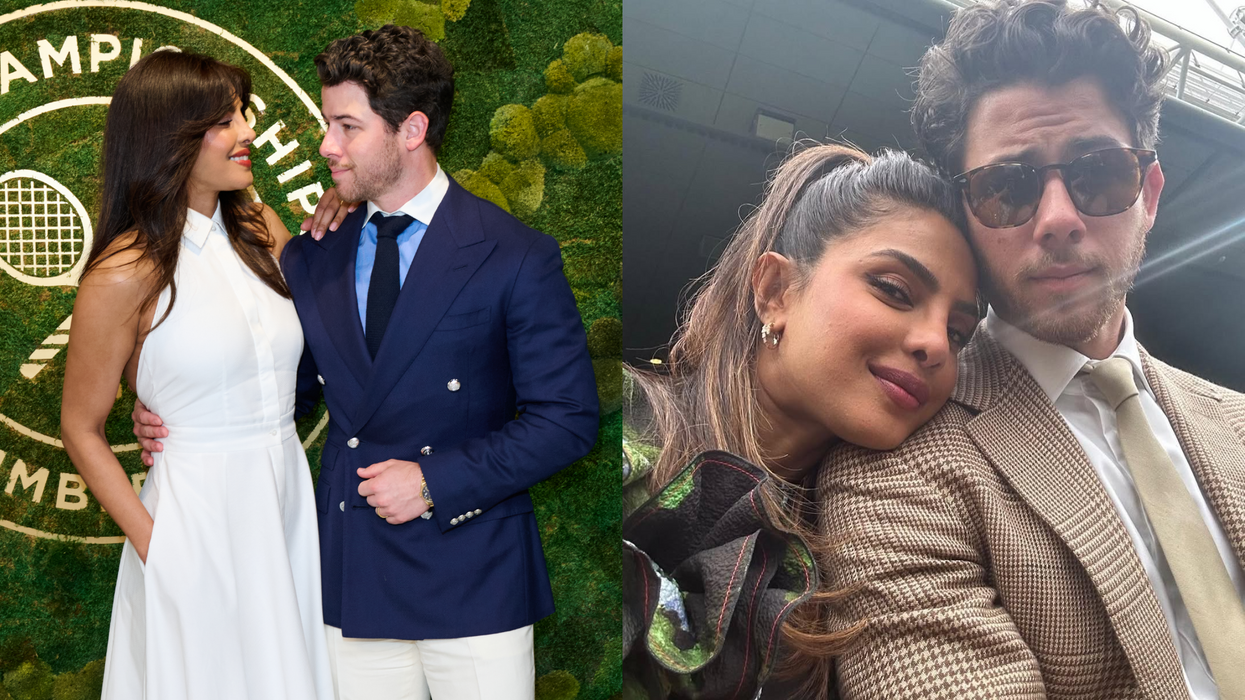
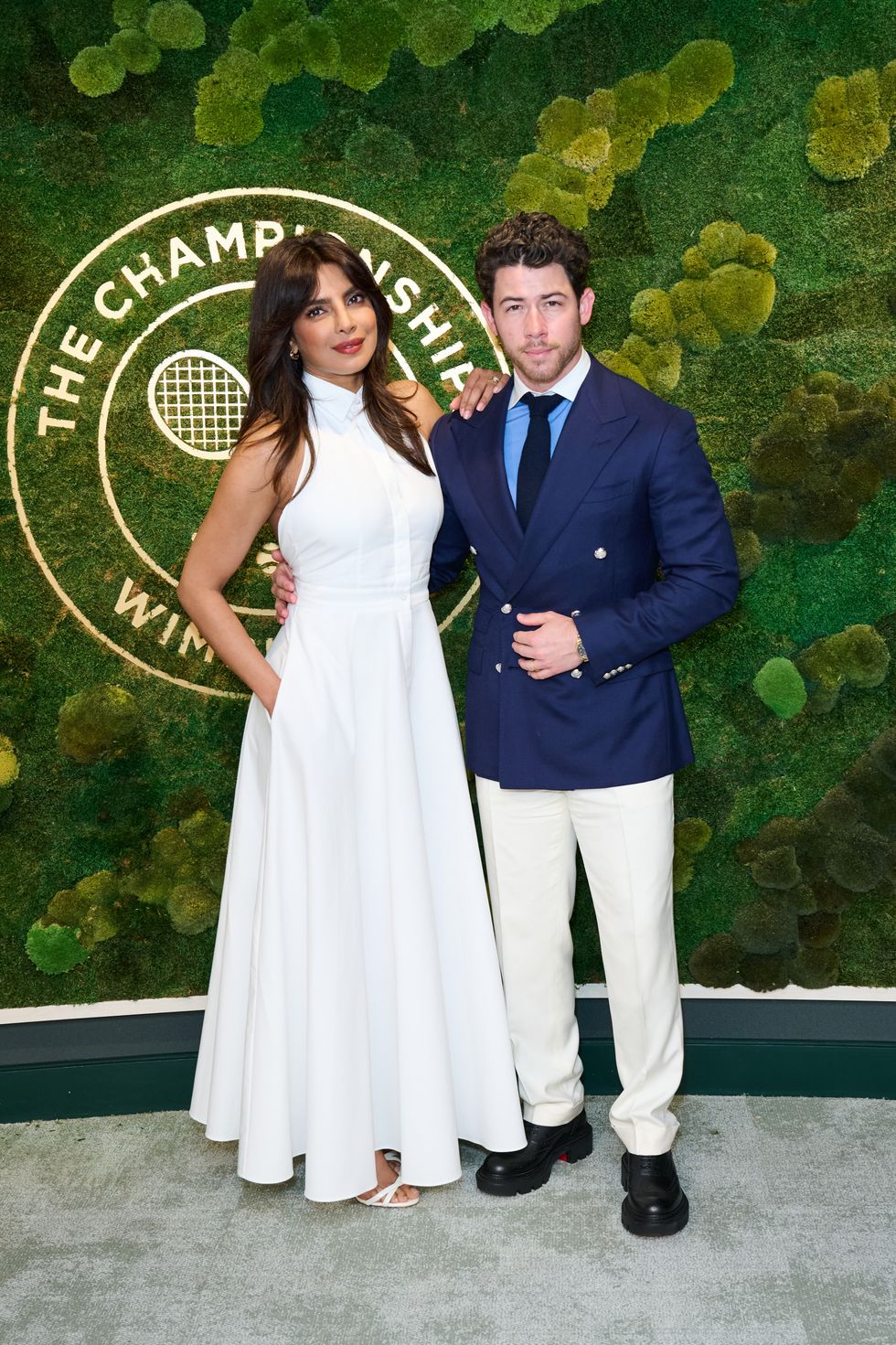 Priyanka Chopra and Nick Jonas photographed at the Wimbledon 2025Getty Images
Priyanka Chopra and Nick Jonas photographed at the Wimbledon 2025Getty Images 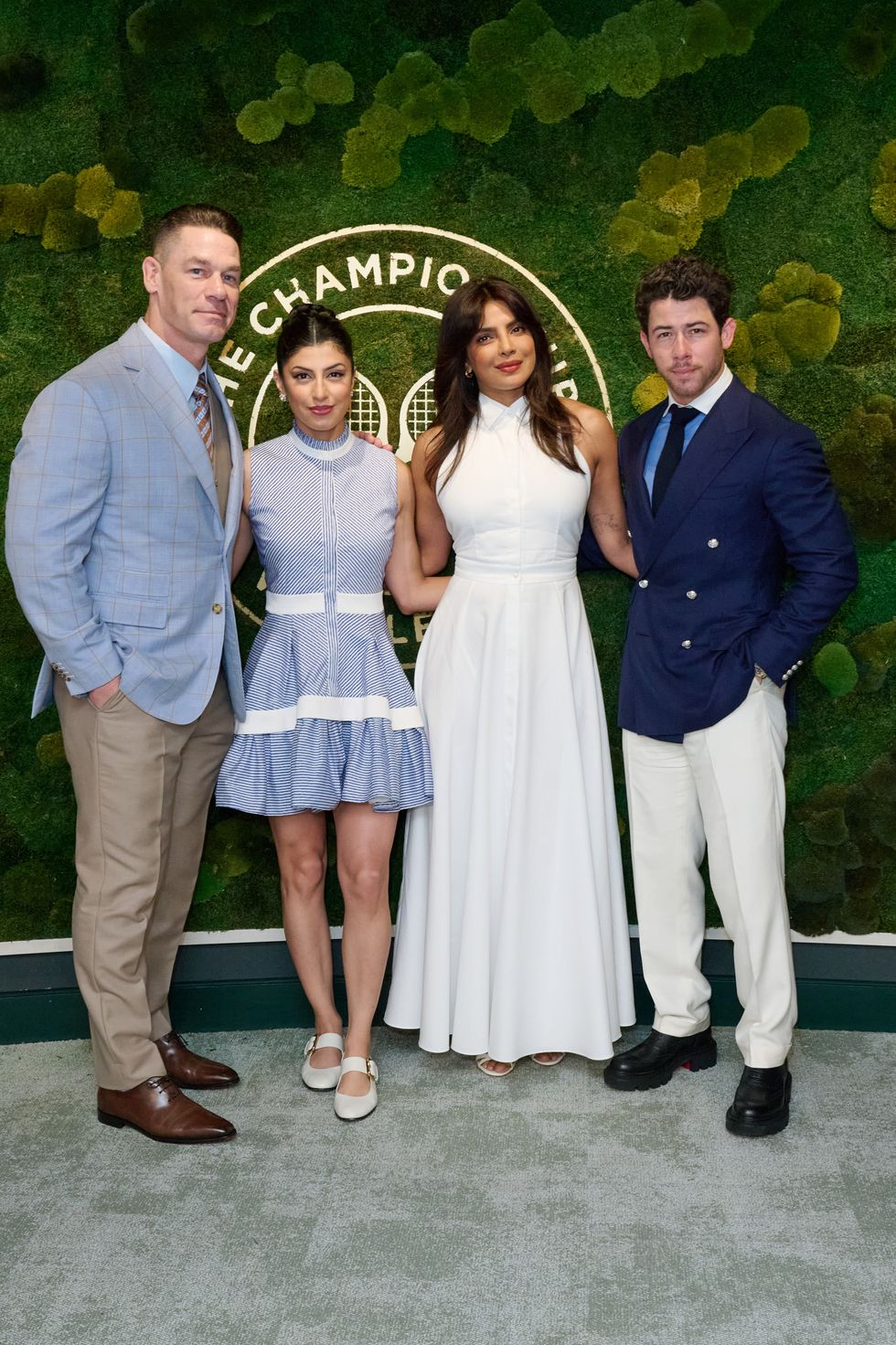 John Cena, Shay Shariatzadeh, Priyanka Chopra and Nick Jonas at Wimbledon 2025Getty Images
John Cena, Shay Shariatzadeh, Priyanka Chopra and Nick Jonas at Wimbledon 2025Getty Images 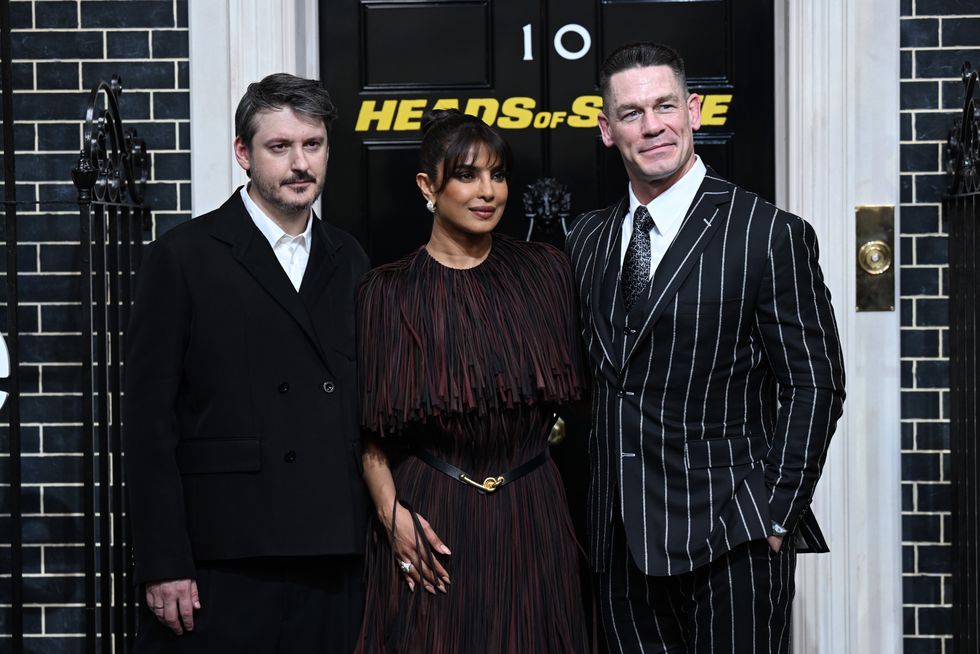 Ilya Naishuller, Priyanka Chopra and John Cena attend the special screening for "Head of State" Getty Images
Ilya Naishuller, Priyanka Chopra and John Cena attend the special screening for "Head of State" Getty Images
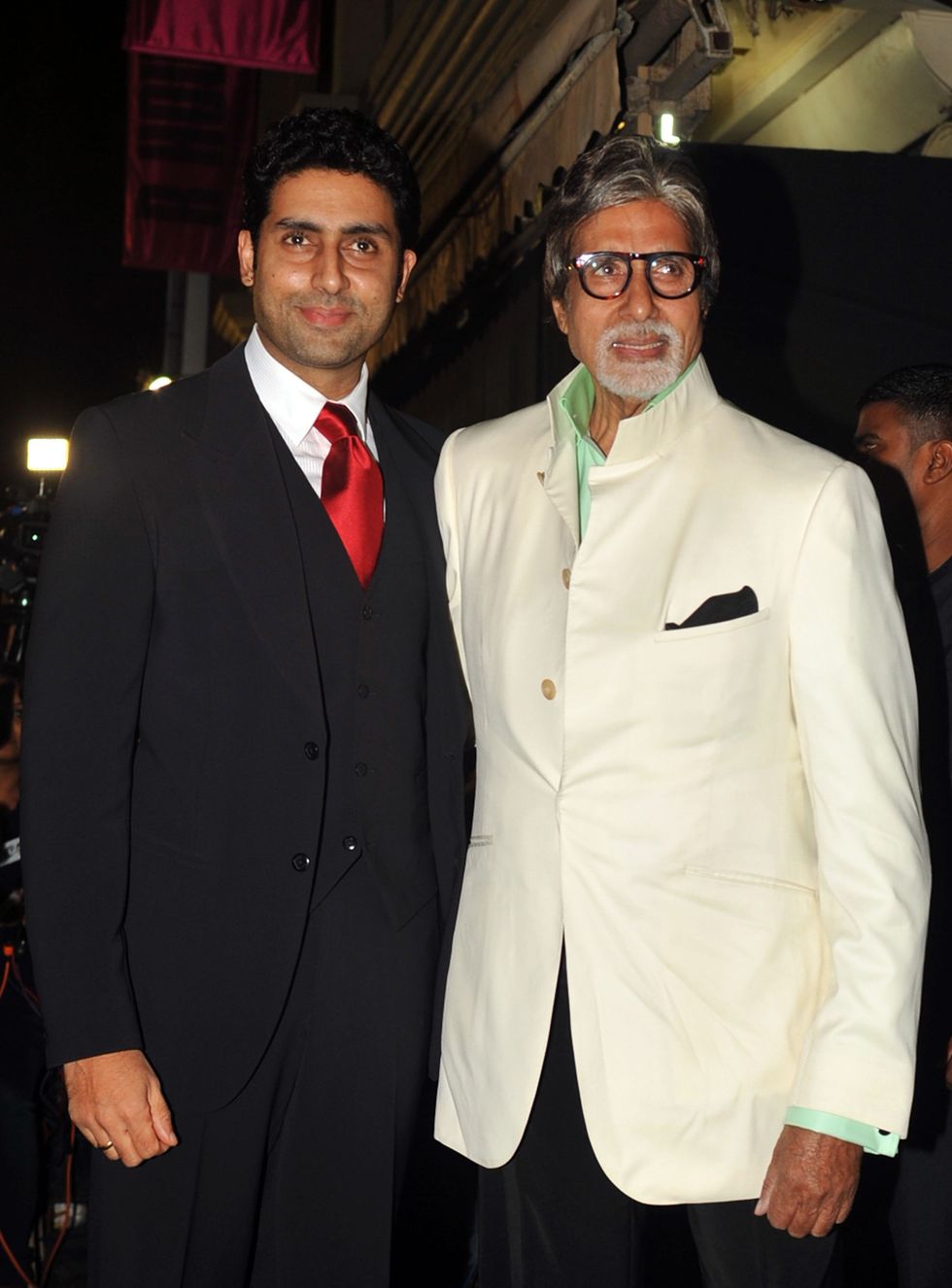 Abhishek Bachchan reveals Amitabh crushed him with brutal remark during Sarkar shootGetty Images
Abhishek Bachchan reveals Amitabh crushed him with brutal remark during Sarkar shootGetty Images 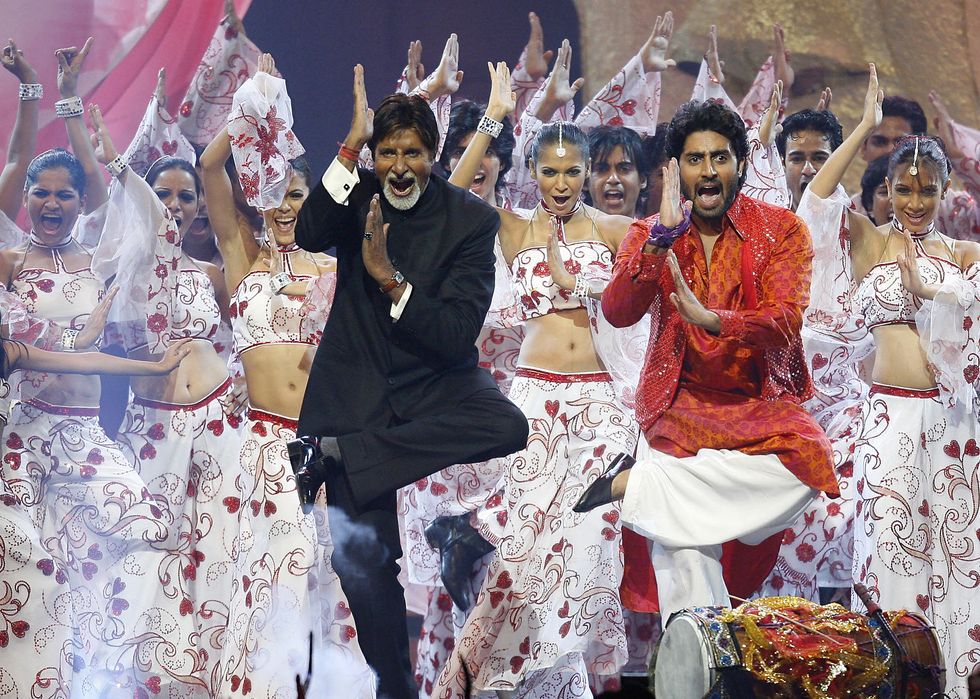 Amitabh Bachchan told me I cannot deliver dialogues Abhishek recalls painful Sarkar momentGetty Images
Amitabh Bachchan told me I cannot deliver dialogues Abhishek recalls painful Sarkar momentGetty Images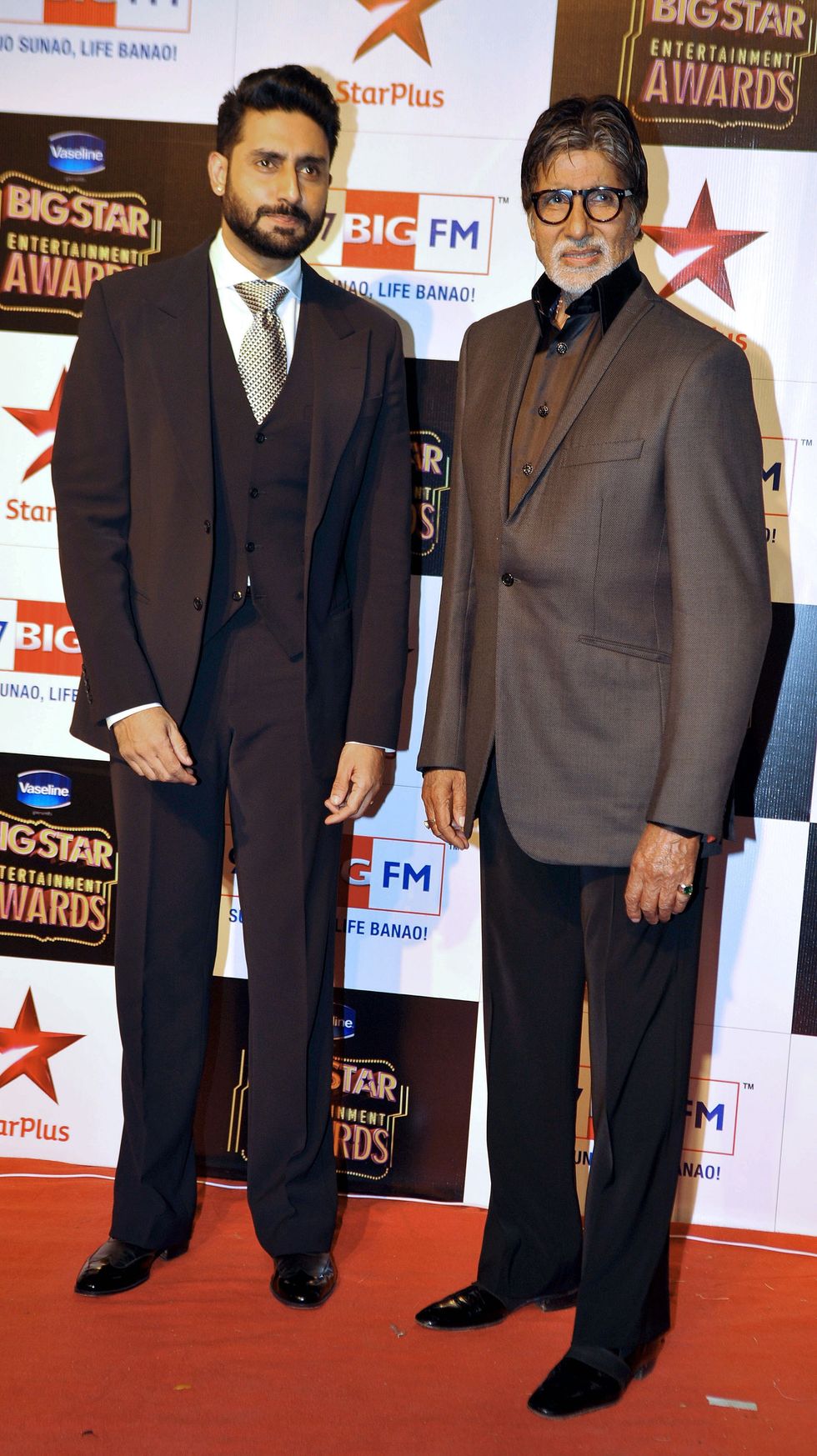 Abhishek Bachchan opens up about working with Amitabh Bachchan on SarkarGetty Images
Abhishek Bachchan opens up about working with Amitabh Bachchan on SarkarGetty Images Abhishek Bachchan says Amitabh humiliated him after one line went wrong on Sarkar setGetty Images
Abhishek Bachchan says Amitabh humiliated him after one line went wrong on Sarkar setGetty Images 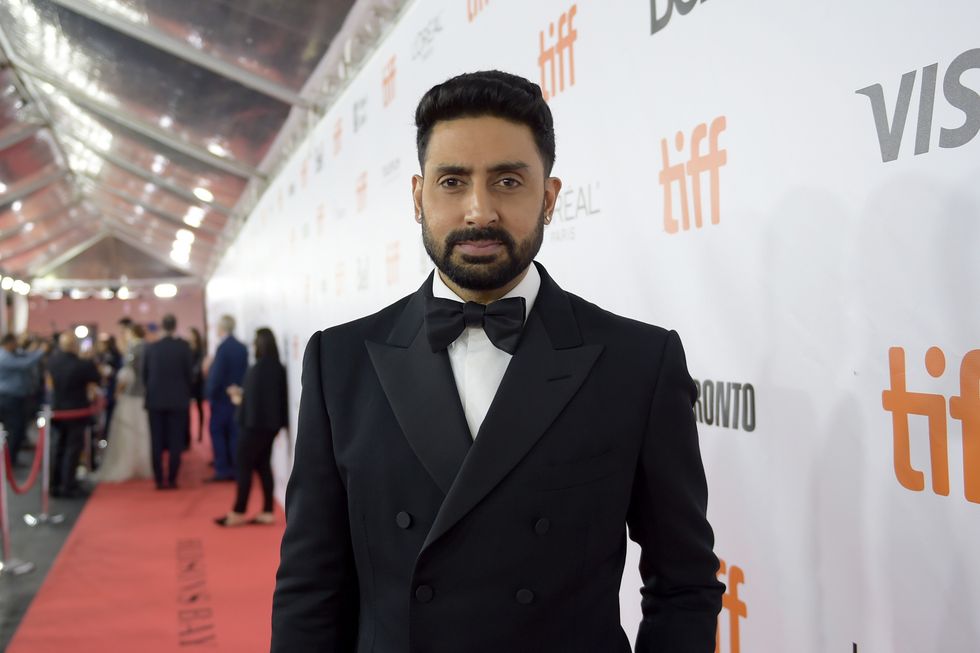 Abhishek Bachchan says Amitabh left him shaken after first scene together in Sarkar Getty Images
Abhishek Bachchan says Amitabh left him shaken after first scene together in Sarkar Getty Images